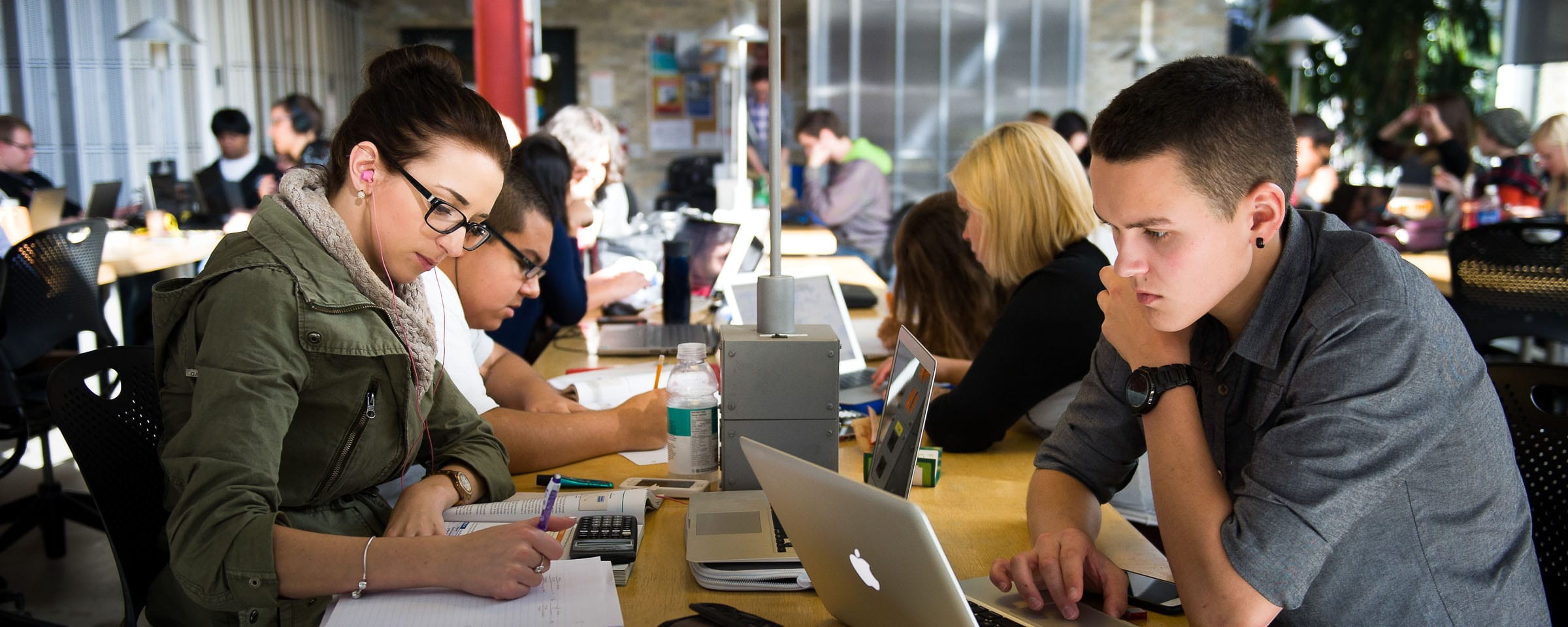Bridging Program for Internationally Educated Nurses: Update
The 7th year (and 14th intake) of the Bridging Program is now past its halfway point of the 16 week program. Once the 16 week theory component is complete (referred to as Level 2), students will start Level 3 of the program, which is the 6 week clinical component. Students will be placed either at the Victoria General Hospital or Deer Lodge Centre.
New to this term is a two-day workshop on ‘Aboriginal Cultures Awareness’ provided by the WRHA Aboriginal Health Program: Health Education Department. This workshop focuses on providing “…relevant information about the contemporary, historical and cultural issues that influence stereotypical impressions of Aboriginal people.” The students participated in a Sharing Circle, after watching a video on residential schools, as well as a smudge at the end of the 2 days. Participants were very moved, some to tears, when sharing their thoughts after watching the video. Many felt that attending the workshop had changed their perspective and understanding of the Aboriginal culture and that the workshop had changed how they will interact with Aboriginal people in the future.
This year, the class chose a class representative, Carmelo LaGuardia, who gathered some comments from various class members on how they are feeling about this part of their long journey to become licensed as a RN in Canada. Here are some excerpts:
• “After I received my result of my CCA, I was so furious and depressed that I have to take the BPIEN program. The wait was almost a year just to get in to the program. But now, I can say that it was worth it. I didn’t realize that I have so many things that I do not know and this program will help me to bridge that gap to be a successful RN here in Canada.”
• “Before I entered the bridging program I was really scared. The truth is, I am petrified by it because I didn’t know what to expect, I didn’t know if like the others, I will just breeze through it or is it going to be tough for me. Like everybody else I’ve been given by the CRNM two years to finish the program and now I am at the last six months of it; meaning, there’s no more second chances for me. This is it, do or die. I am so scared because for the first time in my life I have no Plan B. But still, a part of me remains excited, because finally I have been given a chance to follow my heart, pursue my career and I am finally almost there. What I am trying to say is, the bridging program is what it says it is; a bridge. And last month I started crossing it. Just as I took the first step I discovered that I wasn’t alone; there are nineteen more like me. Nineteen more who also took risks and jumped hoops. Nineteen more brave souls who also laid everything down and halted their lives just to be able to have the chance to cross this bridge and most of them are like me, scared. And as I took small steps forward with them I discovered that our instructors are there on the bridge, and they are there to guide us, to push us forward and they are doing a fine job. Now I look at the bridging program differently, it’s not easy to trek but it keeps each of us moving forward. It is our link to our goal, to our careers, to our ambitions. I hope we all make it to the other end, because now as we are all inching our way across the bridge; we are not so scared anymore.”
• “Not only do we review what we learned during our Nursing School, but we also get to learn about the differences of practice from back home and Canada and how we can bridge that gap.”
• “The workshops (from Diversity) also add knowledge in terms of using helpful strategies in reading, taking exams and how to answer/ attack questions appropriately.”
We wish all of the students good luck in their final exams coming up in the second week of December! ![]()


